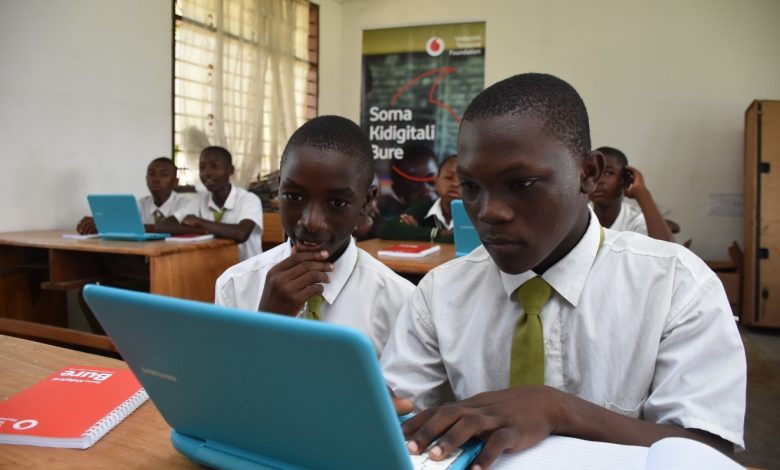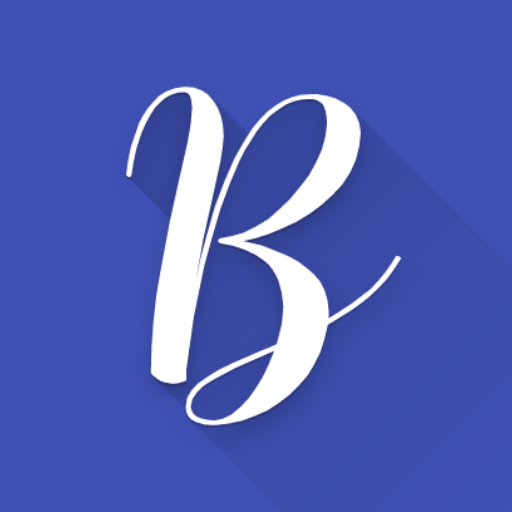
VODACOM Tanzania Foundation has said it is leveraging technology to provide real learning opportunities to traditionally excluded groups to enhance inclusive education.
The External Affairs Director and Vodacom Tanzania Foundation, Ms Zuweina Farah, said in Dar es Salaam recently that access to digital and internet technology is still limited in many parts of the country mainly in rural areas.
“Bridging digital divide is crucial to ensure students particularly those with disabilities have equal opportunities to access educational resources and develop digital literacy skills,” she said.
Vodacom Tanzania Foundation has been driving digital education initiatives since 2017 where it activated its e-learning portal ‘e-Fahamu’ to provide digital learning materials for students and teachers.
She said through the programme, Vodacom integrating children with disabilities in schools traditionally excluded get equal opportunity to go to school, interact with peers, learn, and develop the skills they need to thrive in their lives.
“By virtue of being a mobile technology company we feel compelled to provide educational solutions that leverage technology to bring closer learning resources to pupils and teachers easing access to primary and secondary level education for urban and rural communities,”
she said: “This programme is in the interest of working collectively as private sector and the government to improve learning outcomes in the country.”
For example, Ms Farah said recently Vodacom Tanzania Foundation set up a full-fledged ICT laboratory with desktop computers, TV screen, furniture and one year of internet connectivity free of charge, providing access to e-Fahamu portal at Buhongwa Secondary School in Nyamagana district, Mwanza.
Maria Selestine, a student with albinism at Buhongwa Secondary in Nyamagana, Mwanza said, “our library doesn’t have enough text books and I couldn’t scramble for books in the library but now, through e-Fahamu, I can find anything online and find illustrations on some topics,” Zanura Rajabu, a student with hearing impairment at Buhongwa Secondary School said the programme has made it easy for her to read and understand on her own where formerly she had to rely on an interpreter to understand what teachers were teaching in class.
This year, the e-Fahamu programme introduced digitals skills content, teaching learners how to navigate through the internet space safely and ethically as well as how to use search engines effectively and efficiently while online.
This is becoming a reality as several secondary schools are tapping into digital tools provided by the private sector who are promoting equal opportunities for all in education, health and economic empowerment sectors.
Mr Mtesigwa Bulenga, a teacher at Buhongwa Secondary School, said the school has an inclusive education system that brings together all students with special needs.
“We have a lot of students, so these technological advancements ease the teaching process,” Mr Bulenga said.
Teachers also have access to teaching materials that can enhance their lesson delivery from the content menu. For instance, e-Fahamu curates Teacher Education in SubSaharan Africa (TESSA), teachers’ resources content channel that demonstrates how a teacher can prepare for a class lesson.
The mode of operation for the Foundation has been to invest in infrastructure, champion advocacy on the adoption of ICT education and financing by the government in public secondary schools
SOURCE - Daily News Tanzania
